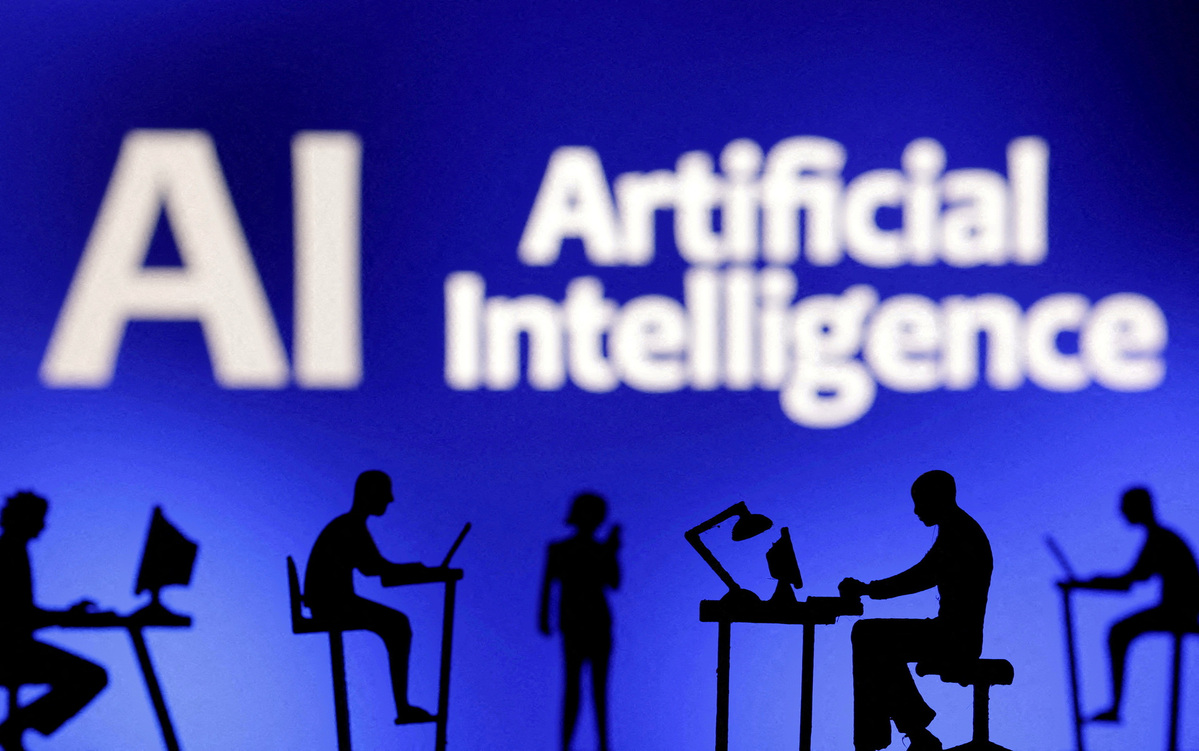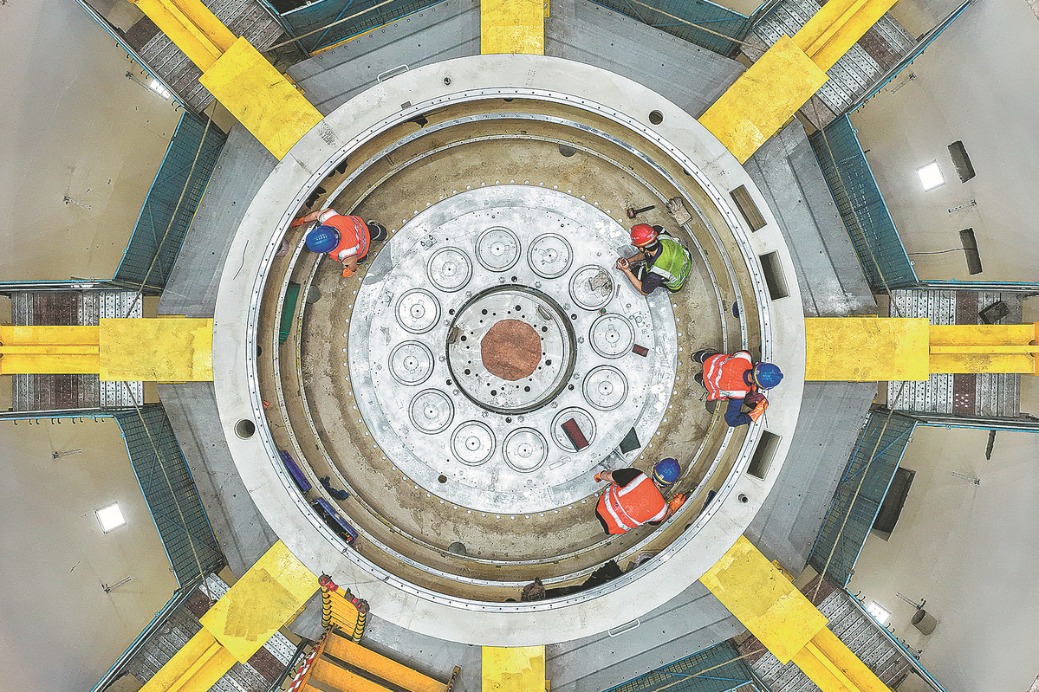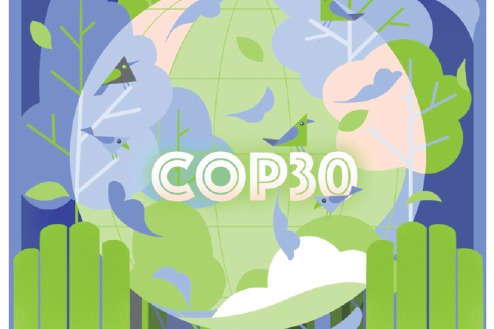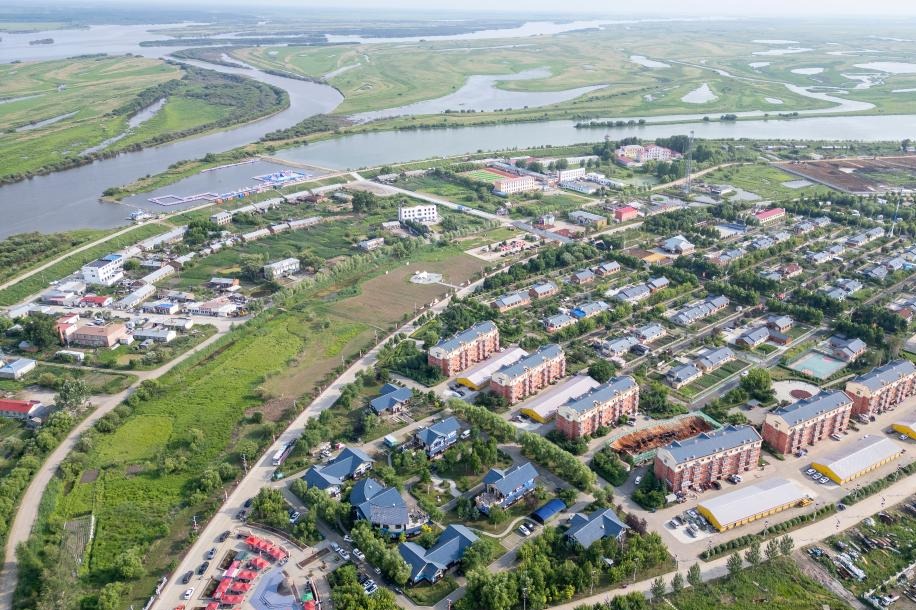Openness and cooperation key for AI development


Editor's Note: Artificial intelligence is reshaping human civilization through a chain reaction of "technological breakthroughs-industrial integration-social restructuring". AI has evolved from a single technological tool into a core engine driving economic, social and cultural transformation. Qi Guojun, a distinguished scientist of the Association for Computing Machinery and professor at Westlake University, spoke to Chinanews.com about the changes that AI would bring about in the economy and whether the global dialogue on AI is about competition or coexistence. Below are excerpts from the interview. The views don't necessarily represent those of China Daily.
There is not sufficient evidence or scientific consensus to suggest that AI will develop self-awareness. Such ideas remain largely within the realm of science fiction. Nevertheless, development of the technology does present new challenges, although such issues are not unique to AI. The emergence of any new technology, such as the internet, has historically been accompanied by problems such as piracy and spread of harmful content in the case of the internet.
But the overall positive impact of AI on society far outweighs the negative. AI brings significant value by advancing productivity, expanding application scenarios, creating new categories of employment and optimizing industrial structures. Indeed, there are already many cases of the positive impact of AI. For example, AI is widely applied in customer service, which has improved productivity. While this has put pressure on employment, it has also generated new and higher-paying jobs in the data industry. In creative sectors, such as digital humans, animation and art production, AI has replaced more than 90 percent of repetitive work. The advertising industry and data-processing-related sectors have also undergone major changes.
Looking ahead, AI will play a powerful role in improving productivity across all industries. Much like the first stage of internet development, which initially boosted productivity, the next stage may see the rise of new enterprises that are native to the AI ecosystem. Within the next five years, large-scale enterprises borne from AI will emerge, with the potential to exert a profound influence on the global economy for the next 20-30 years.
As for the future dialogue on AI, it will involve both competition and coexistence, but coexistence will outweigh competition. In this context, two dimensions of competition, speed and openness, are particularly critical.
With regard to speed, the AI industry shares similarities with the internet sector. Because technological exchanges are frequent, no one can monopolize technology for long. The true advantage lies in scale, where speed and openness determine success. Whoever moves faster can attract more users, acquire more data and iterate their models more efficiently, creating a positive feedback loop, the so-called flywheel effect. Once the flywheel turns, both scale and influence will continue to expand.
If a model is used on a small scale, it will not be able to attract enough users to form a sustainable commercial cycle. Without growth in data and users, it cannot fully understand user intentions and application scenarios, making it difficult for it to improve performance. This is why AI development must move toward greater openness, encouraging more users to participate in order to generate positive feedback. This is the essence of open competition in AI.
Successful internet and IT enterprises are inevitably global, or at least exert significant cross-border influence. In the process, mutual reinforcement creates a relationship of coexistence. For instance, cooperation can be carried out in areas such as data governance and AI ethical standards. AI's positive spillover effects will extend worldwide, with technology sharing becoming a natural outcome.
Academic exchange also strengthens coexistence. The AI field is highly open, with a large volume of new research shared in academic journals, at conferences and on open platforms. Through these exchanges, knowledge is disseminated, new ideas are shared and technological progress gets accelerated.

































